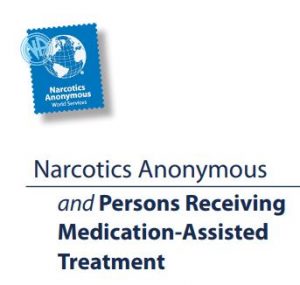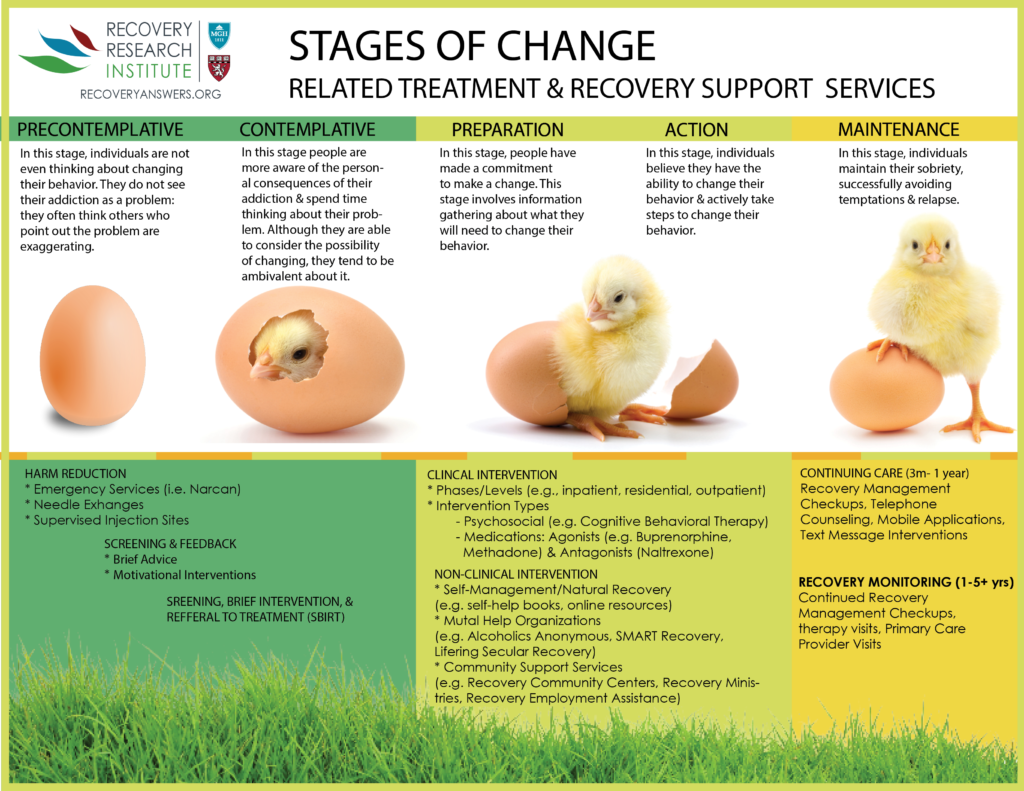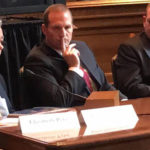70,000 DEAD? Really – We gotta talk!
This is a Manifesto and a Plea for Honesty.
As the data rolls in from 2016 it appears the death toll from overdose could actually exceed 70,000. Let’s talk about the “Elephant in the Room”. Let’s get real… Let’s have a debate. Let’s have a difficult conversation. Are we allowed to disagree?
Is there room for dissenting opinions? I could be wrong. Maybe our current approach to the addiction crisis is the best approach. I don’t think it is, but hey, I’m open-minded. Or do I get kicked out of the club for not toeing the company line?
One thing for sure: 70,000 dead is disgusting. Sickening that we accept this and do not respond in radical ways.
For me, this has become a moral issue. At this point we have a moral and ethical responsibility to address this issue at its core. We hold tight to an antiquated approach that has never been shown to be effective. We just never addressed it before because of the stigma. Addicts are allowed to be mistreated because they are scumbags. The difference in 2017; death rates and media attention have made it harder to ignore.
Furthermore our current systemic approach is an approach that does not even touch 90% of those in need…let alone help them. Is this okay? Is this acceptable?
I don’t think we need more awareness. I think we need more solutions.
Thoughts:
1.) Rehab is not the gatekeeper of recovery.
People figure it out on their on own, people find recovery in many ways. More treatment access is not the answer. You continuously hear “get them into treatment” …as if that’s a solution.
See this article on Myth of Rehab as Gatekeeper of Recovery from the Recovery Research institute.
- Can we empower rather than preach to the patient/family in need?
- Can we move our focus away from the “automatic” rehab response?
- Can providers and membership organizations please police your ranks and get rid of the marketers who spend all day everyday intimidating and bullying people into treatment centers?
2.) Intensive outpatient programs can be effective for people who are motivated and people who complete the entire program.
However, some studies suggest that up to 50% drop out in first 3 months and we know that motivation levels vary greatly. Most people with an addiction issue are not motivated. Outpatient clinics could be more individualized. In the private treatment domain IOP’s have been transformed.
Sober living homes use IOP’s to maximize reimbursement. These programs are actually referred to as rehab by many and most lay people do not understand the difference between an IOP and an inpatient treatment center.
The Florida Model is problematic. IOP is especially useless for people who have been through IOP before. 9 hours a week, delivered in 3 hour groups, 3 times per week, is not the most efficient use of time or money.
Check out this NBC INVESTIGATION by Meagan Kelly from June 25. 2017
The Community Based Experience could be so much more impactful.
- Could those 9 hours of therapy be delivered in more creative ways?
- Who dictates this? – Insurance? – The provider?
- Why do we deliver IOP in this prescriptive way?
3.) 12-Step facilitation is effective for people who are willing to do 12 step programs.
The studies around this type of therapy are interesting. There is clearly a benefit but they ignore the reality that 90% of the folks are completely disengaged. We base our approach on the small receptive percentage of the small percentage (10%) that show up for treatment.
- Should we offer more alternatives?
- Should we force feed people?
- Should we wait until they hit bottom and surrender or should we explore all options?
4.) Medication Assisted Treatment comes with all kind of baggage that is not discussed.
The stigma within the stigma. People in MAT are marginalized within recovery rooms. There is an effort for the fellowships and recovery rooms to be politically correct and welcoming. However, the message is loud and clear.
From Narcotics Anonymous Information Pamphlet:

As we stated previously, NA has no opinion on the practices of any organizations or practitioners outside NA. However, within the context of NA and its meetings, we have generally accepted principles, and one is that
NA is a program of complete abstinence. By definition, medically assisted therapy indicates that medication is being given to people to treat addiction. In NA, addiction is treated by abstinence and through application of the
spiritual principles contained in the Twelve Steps of Narcotics Anonymous…..
….Our hope is that those who receive medication to treat addiction will come to meetings and listen to people who are recovering. Through listening and through asking questions before and after meetings, attendees may gain a better understanding of NA and what it has to offer. NA offers a community and a lifestyle that support staying clean, and NA may be compatible for addicts on medically assisted protocols if they have a desire to become clean one day. We understand that addicts whose path is medically assisted treatment may hear many messages in NA meetings. Some NA meetings make no distinction as to whether those receiving medication to treat addiction may share in a meeting, while other NA meetings limit the participation of those who are taking this type of medication. Click here to download this NA Pamphlet
More Questions to Consider:
- Can we hang our hopes on MAT without professional recovery coaching to bridge the gap?
- Shouldn’t we develop a way to integrate MAT into recovery?
5.) The family must be mobilized.
Instead of detachment we can teach responsible influence and individualized family recovery planning.
- Can we use programs like FAVOR FAMILY RECOVERY to guide people thru a systematic response to loved one’s addiction?
6.) It’s not about money.
Money is not evil. If a program or person is actually making an impact they should be compensated. However, there are really bad providers making a massive payday on the backs of the suffering.
- Is there a way to incentivize programs away from the rinse and repeat model?
- Can they be held accountable for rinse and repeat and give money back when services are proven ineffective?
- Can value based healthcare be applied to addiction treatment services?
7.) Finally… can we get beyond the concept that we can only work with a “willing” client.
The evidenced based practice of motivational interviewing and stages of change theory is promulgated throughout the entire treatment system. However, no one really follows its tenets.
“YOU CANNOT BE A MOTIVATIONAL INTERVIEWING PRACTITIONER AND PRESCRIBE ONLY ONE PATHWAY OF RECOVERY. ITS IMPOSSIBLE.”
The vast majority of our interventions are focused on the preparation and action stages of change even though the vast majority (you could argue 90%) of those with addiction are in the pre-contemplation and contemplation stages of change. NON-SENSE.
- Can we empower and financially compensate programs that are effective in connecting to unwilling people?
- Or are we going to hold tight to the idea that a person must hit bottom? Many of us die on the way to the bottom!
Final Thoughts – Assertive engagement strategies work.
I run a high quality professional recovery coaching organization. We are one of 9 CAPRSS accredited programs in the nation. We are a member of the association of recovery community organizations. We have served over 17,000 people and we have provided more than 40,000 hours of recovery coaching.
The majority of those hours to people who do not necessarily “want” recovery. We serve the “unwilling”. We are engagement experts.
We believe this type of independent, autonomous organization (not affiliated with a treatment organization) is the future of professional recovery services. We know how to do this.
I’m sure there are other new solutions out there as well. Ours is just one of many new ideas. We need to champion new ideas. Adding equine therapy to your program is not innovation. I’m talking brand new ideas. Ideas that make the status quo cringe.
Tell me I’m wrong. Tell me how and where I’m off base. Let’s talk about this.
Richard Jones is the President and Chief Operating Officer of FAVOR Greenville. FAVOR Greenville offers a new and innovative response to the baffling problem of addiction by focusing on assertive engagement, family empowerment and non-traditional community partnerships. WE ARE THE FUTURE. THE PARADIGM SHIFTS HERE… JOIN US.







September 4, 2017 @ 5:13 pm
I am NOT anonymous and am a CCAR trained Recovery Coach. A youthful 72 with 2 1/2 years in recovery. I’ve also trained as a CNA, Adult and youth mental health first aid, work with training (AA & NA) meetings in a hospital and also volunteer in Veterans Treatment Court. Please, I’m not bragging but letting you know that I’ve been through Detox twice, IOP and still attending relapse prevention once weekly. All of this stuff and the good Lord has worked for me but I totally agree with you. Enough is enough and I enjoyed you’re article very much. Looking forward to more ways to help and if I can help even just one person to recover ,We all win. Much Love to you. David Stanley ( Sober at 70 )